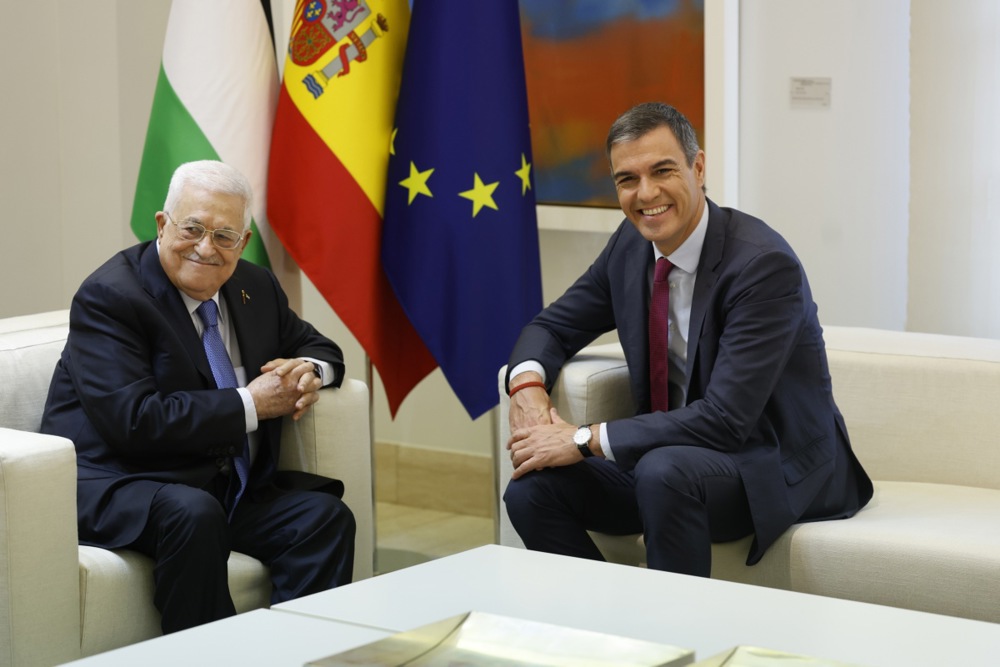Romania’s political landscape has been undergoing a seismic shift as the right-wing Alliance for the Union of Romanians (AUR) party solidifies its position as a major player.
In the December 1 Romanian parliamentary elections, AUR more than doubled its representation, becoming the country’s second-largest party. This surge reflected widespread dissatisfaction with the current political establishment as voters rallied behind AUR’s promises to defend Romania’s cultural identity and sovereignty.
With the nation also bracing for a high-stakes presidential run-off on December 8, AUR leader George Simion has said he wants to join the next government, setting the stage for a potentially transformative chapter in Romanian politics.
Addressing foreign media on December 3, Simion framed AUR as a solution, not a problem, for the country’s challenges: “These elections are not the end but the beginning. Romanians have sent a strong signal — they want change and a government that respects their culture, history, and dignity.”
The upcoming presidential run-off pits the other right-wing candidate, Calin Georgescu, against centrist Elena Lasconi. Georgescu’s unexpected first-round victory on November 24 has galvanised nationalist forces and raised questions about Romania’s future trajectory.
Simion has thrown his support behind Georgescu, praising what he termed his defence of traditional values while dismissing accusations of extremism: “Mr Georgescu may not be perfect but he stands for Romania’s identity and dignity. Unlike Madame Lasconi, he speaks with clarity.”
Yet, Georgescu’s controversial past — including praise for Romania’s former fascist leaders and admiration for Russian President Vladimir Putin — has cast a shadow over his candidacy. By distancing himself from such positions, Simion reiterated AUR’s commitment to NATO and the EU, emphasising Romania’s troubled history regarding Russian aggression.
The stakes for Romania’s future could not be higher. AUR’s newfound prominence signalled for many a shift in the political balance, potentially indicating right-wing parties in Europe are gaining power across the continent.
As Simion positioned AUR as a force for stability and reform, the party’s actions in the coming months are likely to reveal whether it can balance its nationalist rhetoric with pragmatic governance.
Recent polls show that George Simion’s right-wing nationalist AUR has transformed from a fringe movement during the Covid-19 pandemic to the main opposition force in Romania’s upcoming presidential elections. https://t.co/Ds9jWBcien
— Brussels Signal (@brusselssignal) November 22, 2024





Weakened Spanish Government could be forced to polls over budget impasse